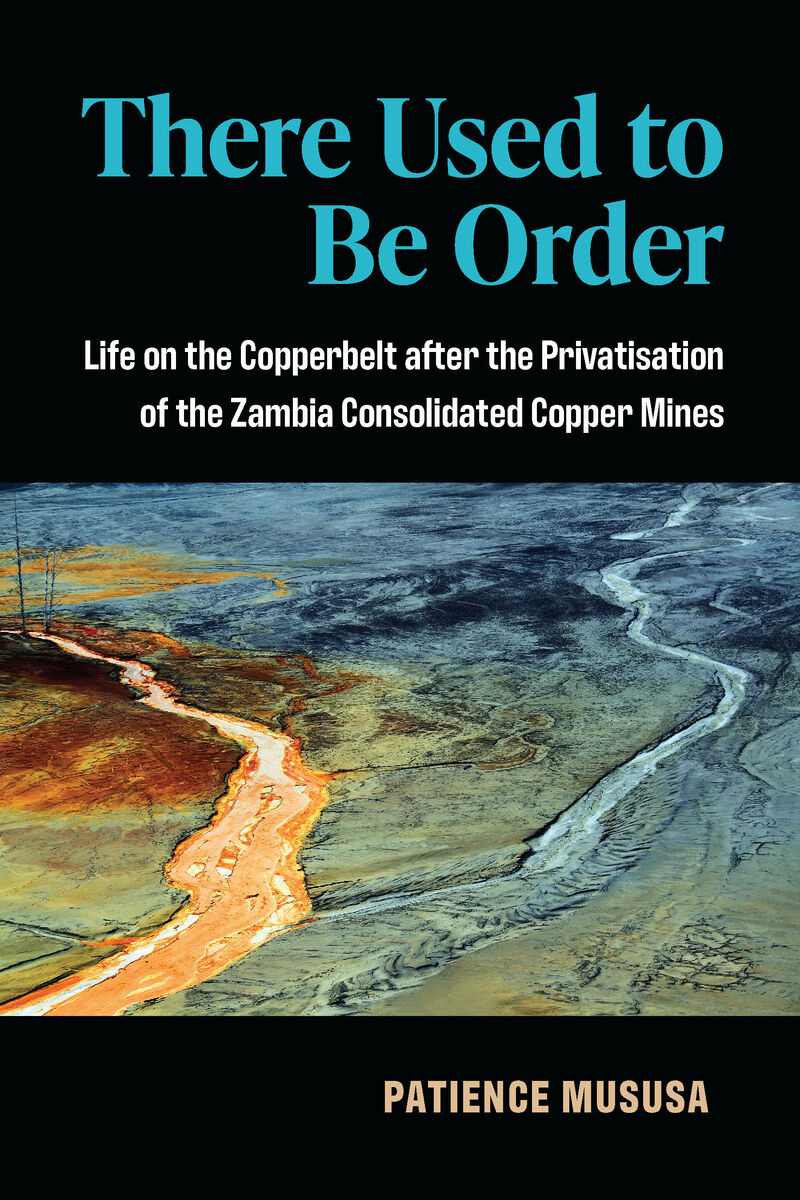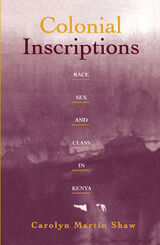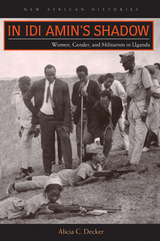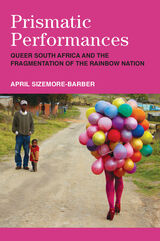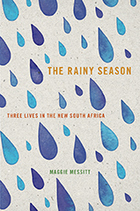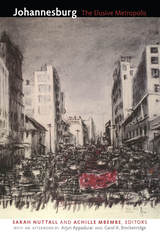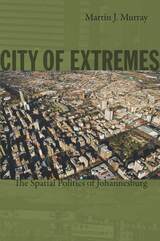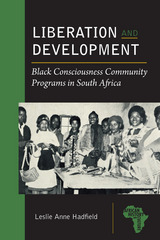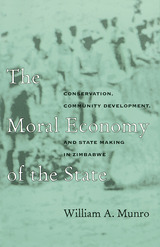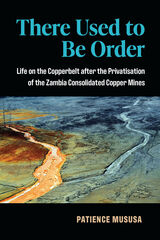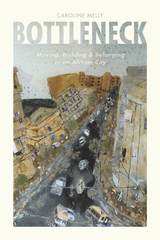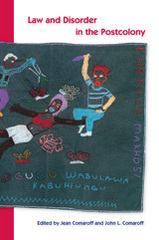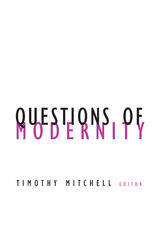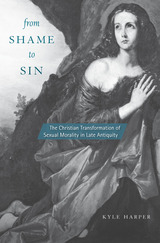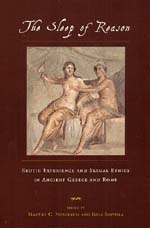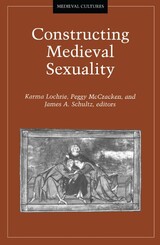There Used to Be Order: Life on the Copperbelt after the Privatisation of the Zambia Consolidated Copper Mines
University of Michigan Press, 2021
eISBN: 978-0-472-12936-2 | Cloth: 978-0-472-07499-0 | Paper: 978-0-472-05499-2
Library of Congress Classification HN803.C67M87 2021
Dewey Decimal Classification 338.2743096894
eISBN: 978-0-472-12936-2 | Cloth: 978-0-472-07499-0 | Paper: 978-0-472-05499-2
Library of Congress Classification HN803.C67M87 2021
Dewey Decimal Classification 338.2743096894
ABOUT THIS BOOK | AUTHOR BIOGRAPHY | REVIEWS | TOC | REQUEST ACCESSIBLE FILE
ABOUT THIS BOOK
In There Used to Be Order, Patience Mususa considers social change in the Copperbelt region of Zambia following the re-privatization of the large state mining conglomerate, the Zambia Consolidated Copper Mines (ZCCM), in the mid-1990s. As the copper mines were Zambia’s most important economic asset, the sale of ZCCM was considered a major loss to the country. More crucially, privatization marked the end of a way of life for mine employees and mining communities. Based on three years of ethnographic field research, this book examines life for those living in difficult economic circumstances, and considers the tension between the life they live and the nature of an “extractive area.” This account, unusual in its examination of middle-income decline in Africa, directs us to think of the Copperbelt not only as an extractive locale for copper whose activities are affected by the market, but also as a place where the residents’ engagement with the harsh reality of losing jobs and struggling to earn a living after the withdrawal of welfare is simultaneously changing both the material and social character of the place. Drawing on phenomenological approaches, the book develops a theoretical model of “trying,” which accounts for both Copperbelt residents’ aspirations and efforts.
See other books on: African Studies | Copper mines and mining | Employees | Privatization | Zambia
See other titles from University of Michigan Press
